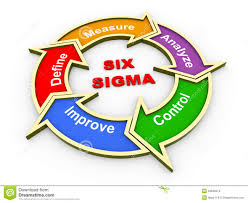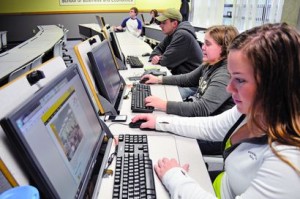Peter Negro has agreed to sponsor the School of Business and Economics Outstanding Man and Woman in Business awards. This award is given to students who bring honor and pride to the School of Business and Economics through high scholastic achievement and involvement. Students eligible for this honor go through an intense interview process that includes an essay and interview with faculty for the school.
Peter is the owner of Rukkila Negro and Associates, Certified Public Accountants here in Houghton, Michigan. He has over 25 years of public and private accounting experience, as well as industry experience in manufacturing, retail, and finance.
This sponsorship is continuing to foster the relationship that Rukkila Negro and Associates has with the School of Business and Economics. The firm has hired one of the SBE’s Applied Portfolio Management (APMP) students, as well as several interns. Rukkila Negro is looking forward to future opportunities to hire School of Business and Economics students for internships.


